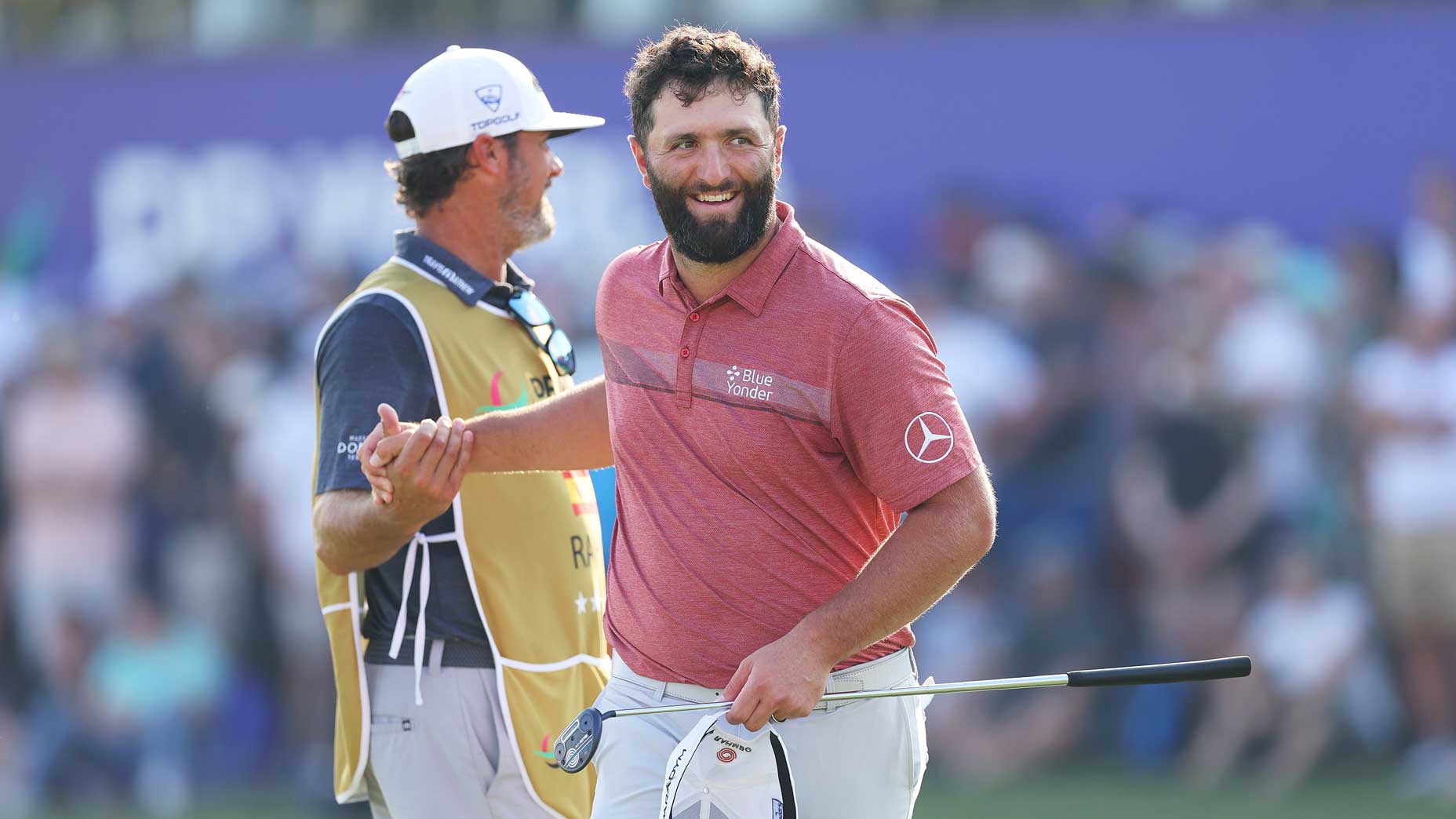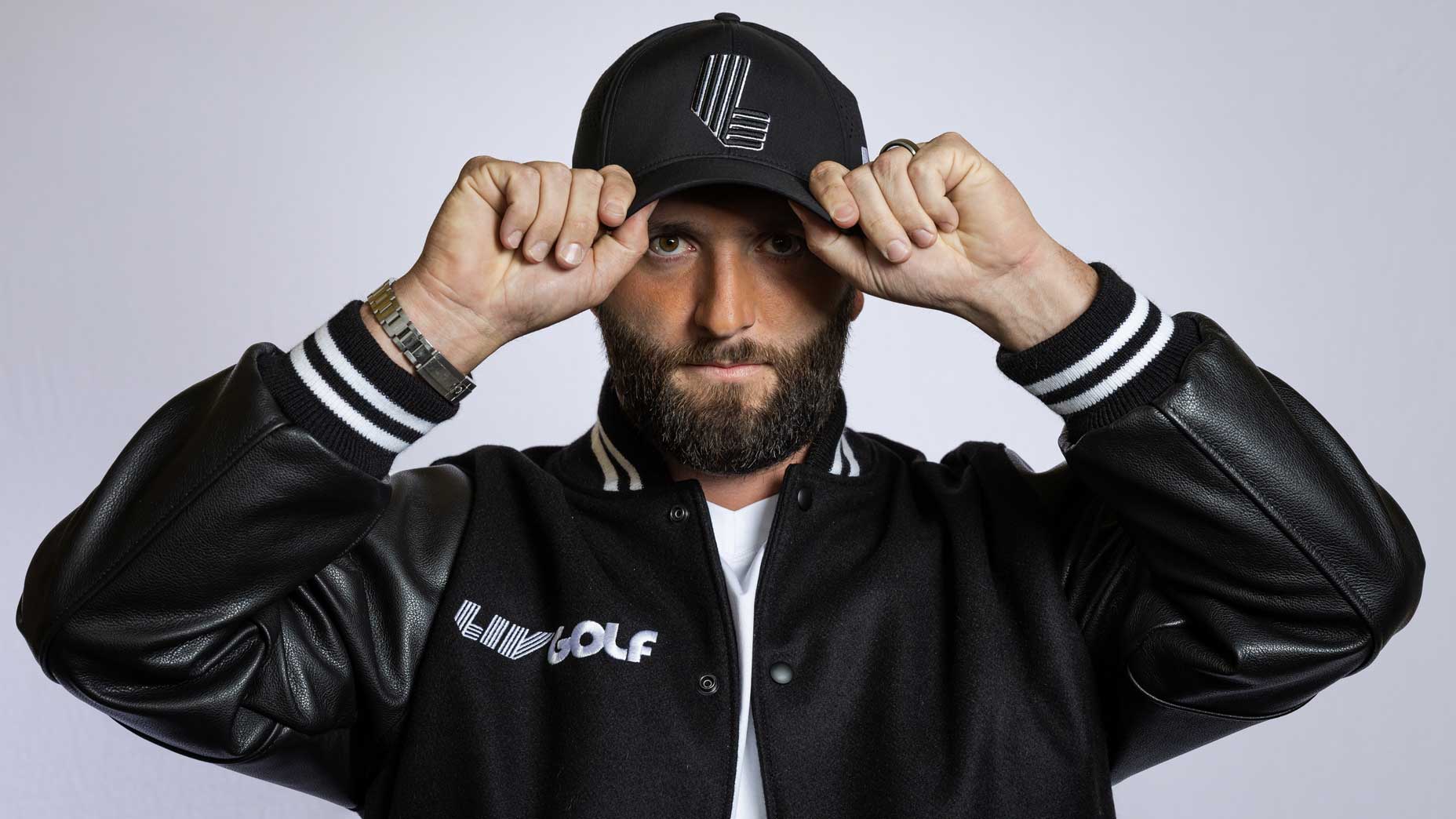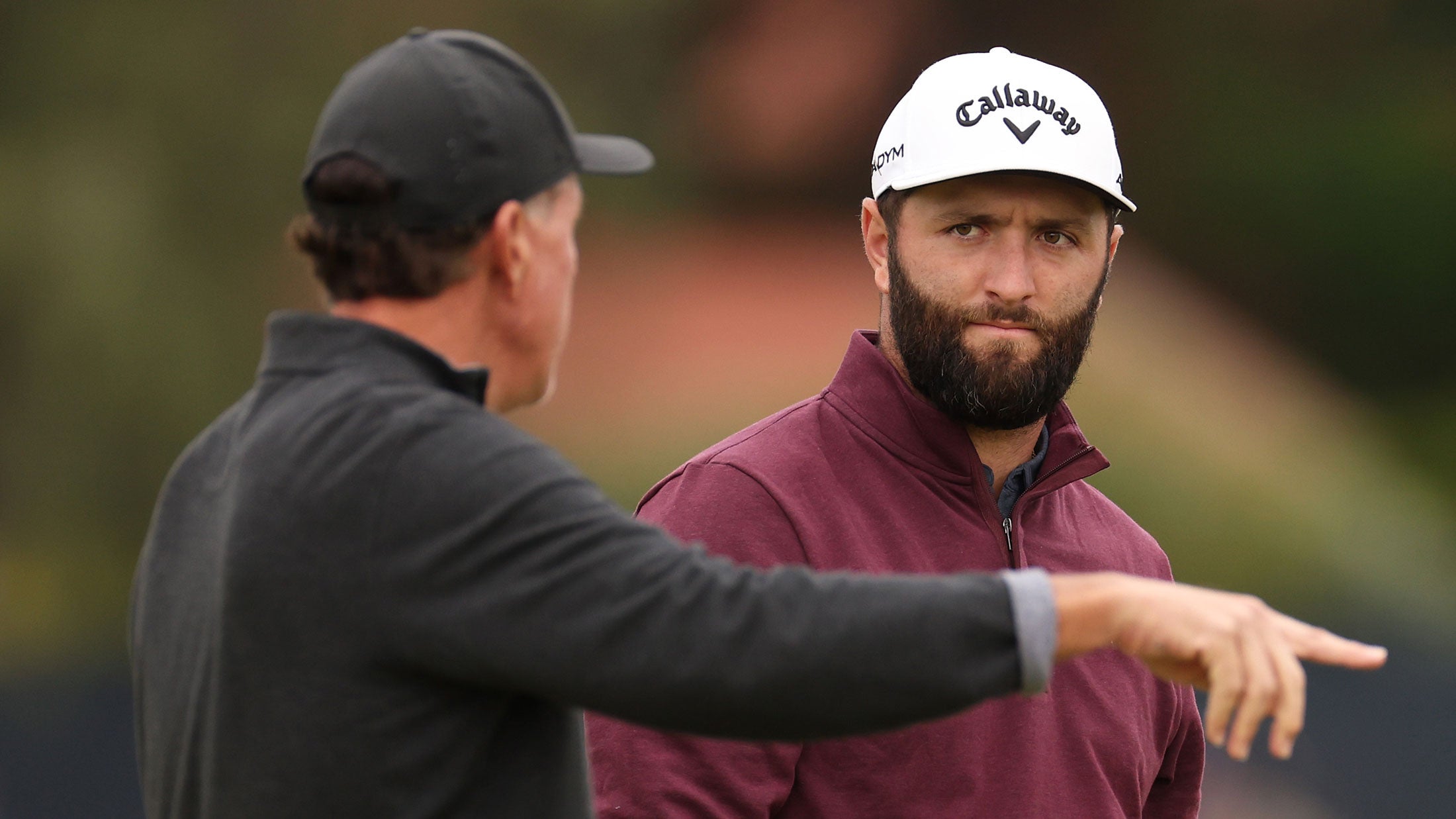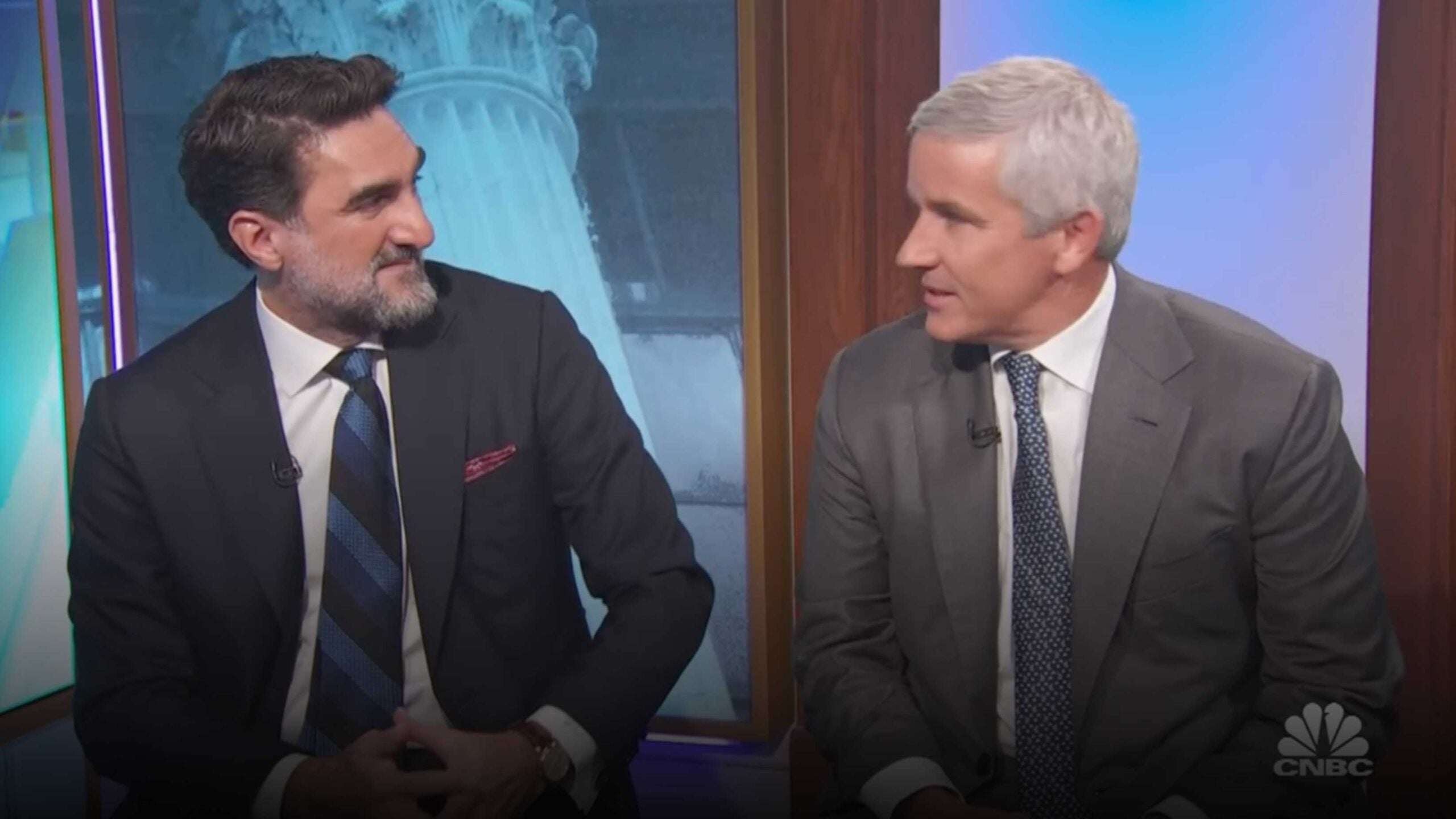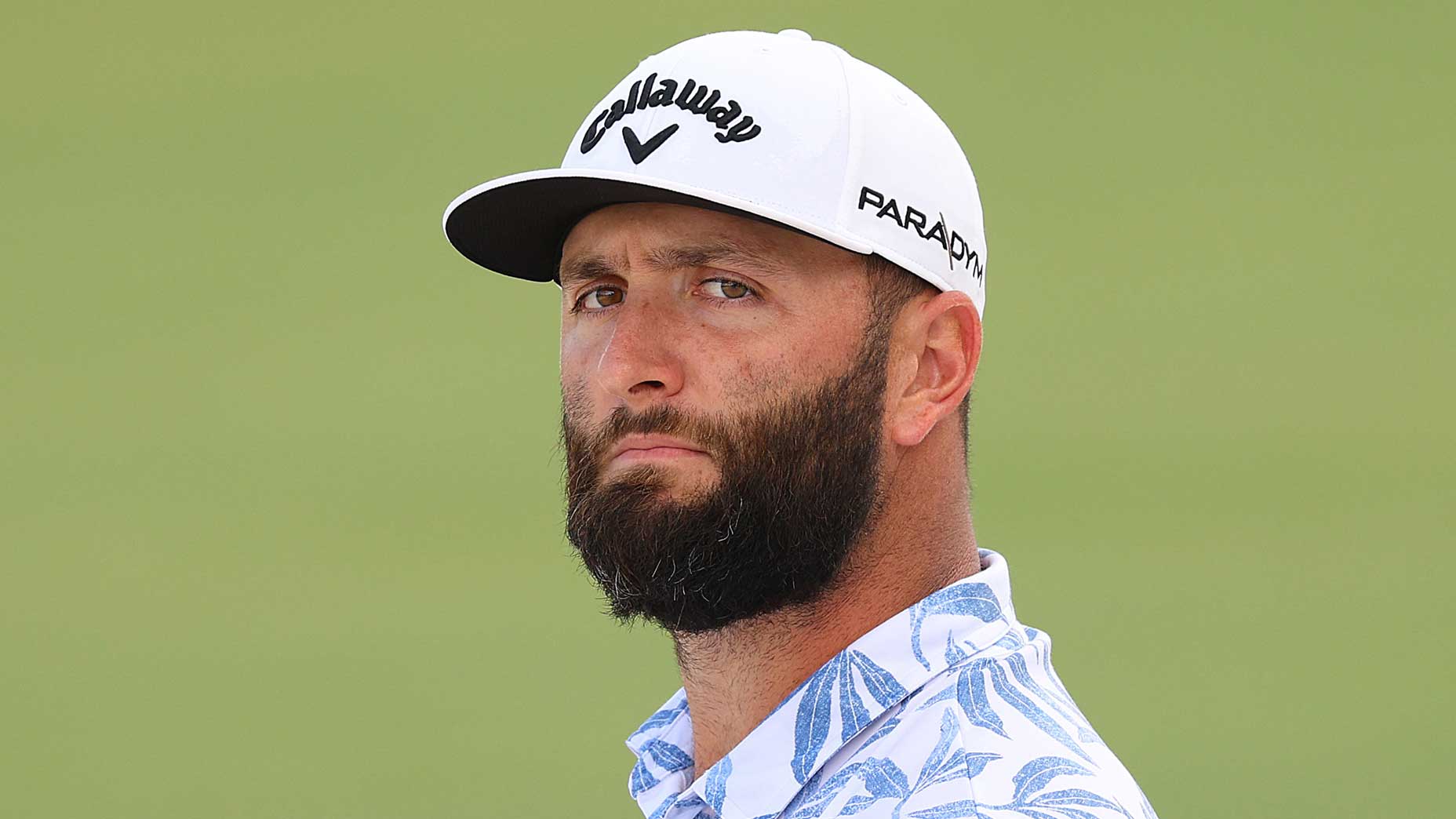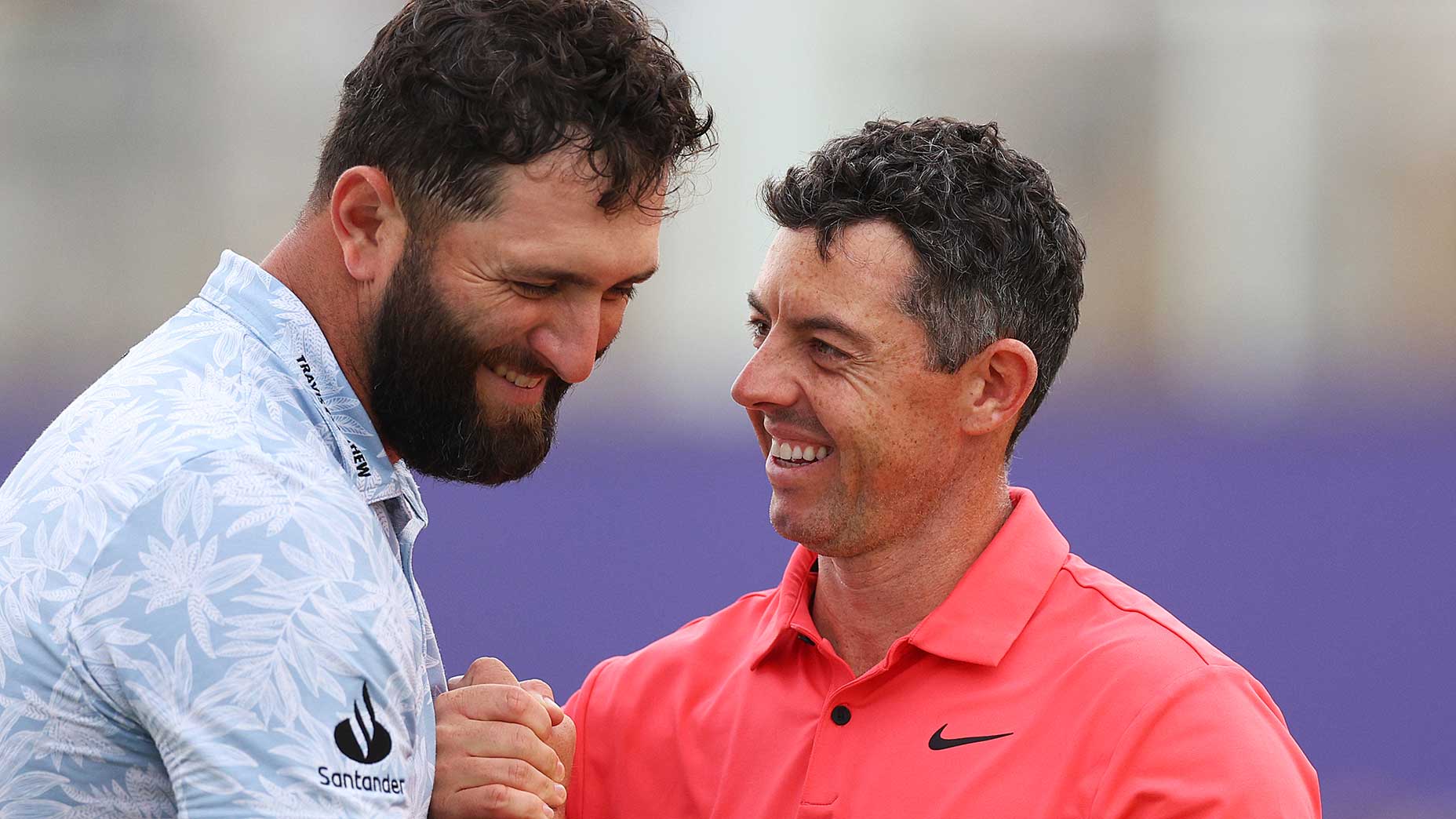
Jon Rahm shocked everyone this week.
Andrew Redington/Getty Images
heck in every week for the unfiltered opinions of our writers and editors as they break down the hottest topics in the sport, and join the conversation by tweeting us at @golf_com. This week, we discuss Jon Rahm’s shocking decision to sign with LIV Golf and the aftermath for the PGA Tour.
1. Adding to a week that already had an announcement of a controversial golf-ball rollback (you can read that special edition of Tour Confidential here), World No. 3 Jon Rahm joined LIV Golf for a deal that’s reported to be well into nine figures. Not long ago Rahm said he had no interest in the up-start league and that crazy money wouldn’t change his lifestyle anyway. So, what happened?
Josh Sens, senior writer (@joshsens): The big thing that changed is the golf landscape, in which the Tour did a sneaky about-face on doing business with the Saudis (giving players free license to do the same) and the Saudis, with a deadline to a potential agreement fast-approaching and the Tour talking to other suitors, had all the more incentive to gain added negotiation leverage. What didn’t change is that the Saudis have bottomless financial resources and everyone has a price.
Zephyr Melton, assistant editor (@zephyrmelton): After the Tour showed they were willing to do business with the Saudis, all bets were off. Rahm stayed through the chaos of early defections — watching his colleagues get paid hundreds of millions — and got very little from the Tour in return for his loyalty. With the Tour and LIV looking to merge in the future, he may as well get his bag while he can.
James Colgan, news and features editor (@jamescolgan26): Yeah, LIV offered Rahm a metric ton of cash, which was enough to tip the metaphorical scales. But I also think LIV offered him something the PGA Tour didn’t: the opportunity to be the face (and the voice) of the league. In a world where the Saudis have their hands deep in both leagues, the “legacy” offered by the PGA Tour paled in comparison. Oh, and the eight zeroes helped.
2. Rahm seemed to be a player who cared deeply about winning some of the PGA Tour’s marquee events, once saying “There’s meaning when you win the Memorial. There’s meaning when you win Arnold Palmer’s event at Bay Hill. There’s a meaning when you win, LA, Torrey, some of the historic venues. That to me matters a lot.” Does Rahm signing with LIV Golf mean he’s moved on from that previous stance, or is there a chance he knows something we don’t know about the future of the two leagues?
Sens: Possibly. It’s not hard to imagine a merger, or a world where barriers between the two circuits disappear, allowing players to jump back and forth. But what seems more relevant to Rahm is that, with his exemptions and his standings, will still get to play in the events that matter to him most no matter what.
Melton: I find it hard to believe Rahm knows much about the future of the two leagues because it seems like even they don’t know what the future holds. It’s more likely that they made him an offer he simply couldn’t refuse.
Colgan: I think we’ve seen enough evidence from previous defections that declarations of allegiance to either league aren’t worth the air they’re spoken into. Everybody’s got a plan until they’re staring down life-changing money.
3. Now the golf world waits for more dominos to fall, especially since Rahm will captain one of his own LIV teams. Do you see more PGA Tour players or big names joining LIV in the coming weeks? Who might be on their radar?
Sens: Recent remarks from Tony Finau’s orbit make it sound like he’s already gone. But other names being bandied about — chiefly Hatton, maybe Hovland?- seem highly realistic, too. Of course, Rory jumping would make me spill my coffee. But at this point, there’s not much news that could cause much shock.
Melton: It sounds like it’s a matter of when, not if, more big names follow Rahm. Tony Finau and Tyrrell Hatton seem like prime candidates.
Colgan: We’ve seen Finau and Hatton’s names tied to Rahm, which makes some level of sense (and also gives LIV a team filled with three of golf’s all-time good guys). I think the bigger news, after Rahm, is that nobody is off the radar anymore.
4. Where do the PGA Tour, and commissioner Jay Monahan, go from here? And what does Rahm leaving for LIV mean for the ongoing merger talks with a deadline for a deal looming later this month?
Melton: I’m not sure where Monahan goes from here. It doesn’t look like he’s got many cards left to play. As for the merger, plucking off Rahm (with others sure to follow) gives the Saudis that much more bargaining power.
Colgan: In signing Rahm, the PIF ostensibly puts a gun to Monahan’s head as it relates to merger conversations. His best option is to pray these negotiations finalize before another star jumps ship — as everyone at the table now knows. I think we can feel confident things are going to get moving quickly, as the Tour’s new partnership of billionaires indicates.
Sens: I have a holiday fruitcake that I suspect will be around longer than Monahan. I’d be surprised if he’s still commish next year. As James says, the urgency for talks is greater than ever, but any merger would still have to pass muster with regulators. The short answer is, another year of a divided professional game, even if the court fights are done.
5. Rahm leaving was a dagger to the PGA Tour, not only because he’s well known but because he just won the Masters, is in his prime and was supposed to be a core piece the PGA Tour builds around. If you are a PGA Tour player, what are you most curious about regarding the future of your league?
Sens: So many things. Who will be left to compete against week in and week out? How tough will it be to retain sponsors? What’s going to happen with world rankings, gateways to the majors? What happens to prize money? Should I look to start earning my living in pickleball?
Melton: I’d be asking if the league will even exist in five years. If they keep hemorrhaging stars, there won’t be much of a product to sell in the future.
Colgan: I’m wondering at what point we start asking if all the best players in the world are still on the PGA Tour.
6. Any parting thoughts, our esteemed Tour Confidential panel?
Sens: The Rahm headlines count as big news. But ultimately, I think, you can remake rosters, schedules and contracts all you want, and there will still be only a small number of events that draw interest beyond the hard-core fan base. The pro golf market has been made irrational by endless Saudi funding and the money being thrown at players distorts their actual world. A more rational world would have fewer events and not as many millionaires. It’s no wonder so many fans seem put off these days. The current climate isn’t healthy, no matter how rich some players get.
Melton: Although having the stars split up on two tours hurts the week-to-week product, it makes the majors that much more compelling. If the fans can only see all the stars square off four times a year, those tourneys become must-see TV. See y’all in April.
Colgan: The Tour’s Sunday night announcement that it has “advanced negotiations” with the “Strategic Sports Group” is HUGE news. HUGE. The SSG is headlined by maybe the greatest collection of sports owners ever assembled (owners of at least nine pro sports franchises, by my count), and promises to infuse billions into the Tour. In conjunction with an agreement with the PIF, the Tour’s financial future could be on the brink of a tectonic shift.


